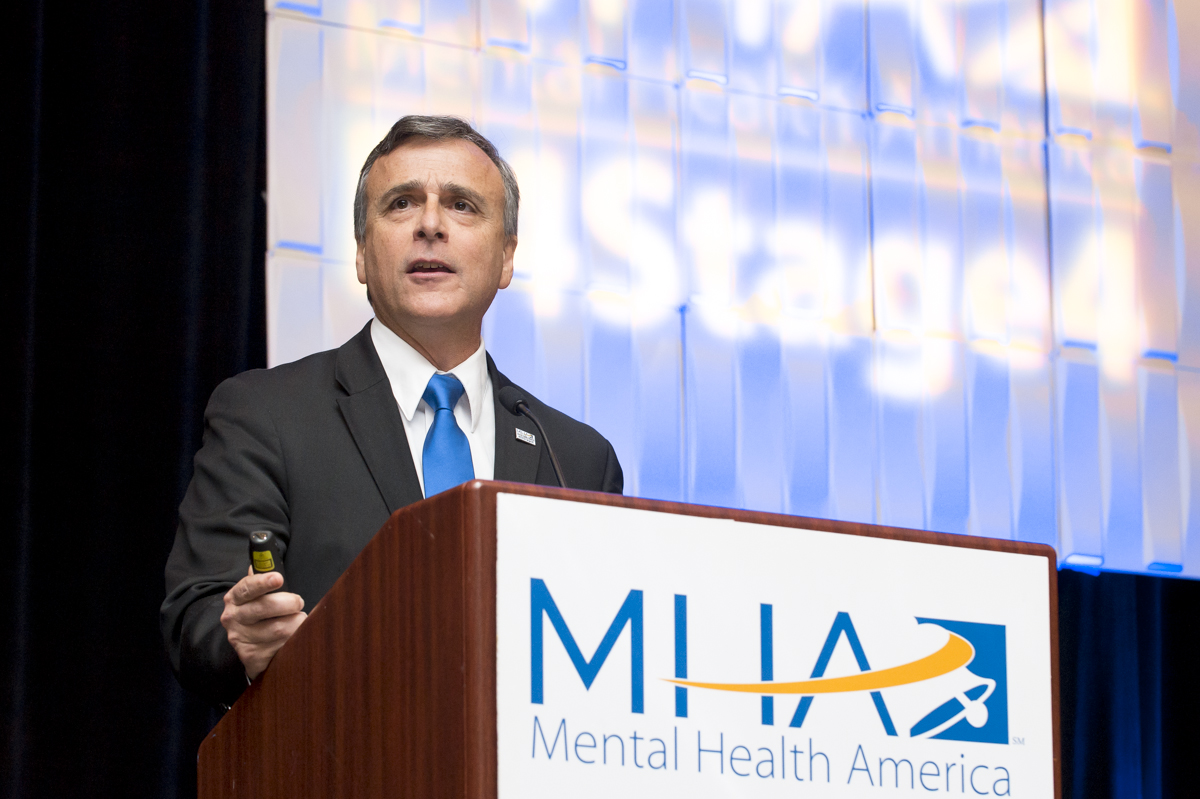Discover the Benefits of Mindfulness in 2019 through the One Percent Challenge

Small Steps to Big Change, All It Takes is One Percent
14 minutes a day of mindfulness practice (just one percent of your day) lays a strong foundation for experiencing the benefits of practicing mindfulness in your own life. Not only that, but by participating in eM Life’s One Percent Challenge, you have the chance to transform your life and the lives of others!





